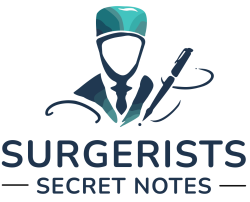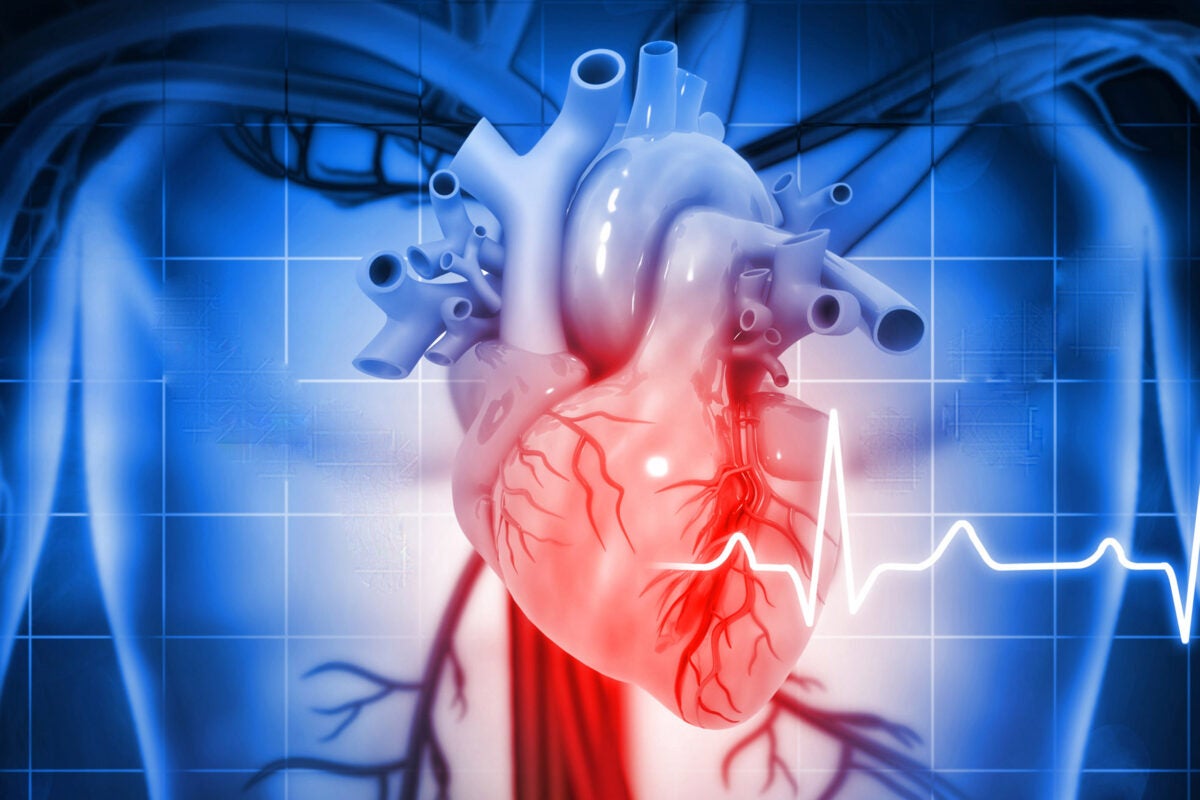Health
Is cheese bad for you?
Nutritionist explains why you’re probably eating way too much
Part of the
Wondering
series
A series of random questions answered by Harvard experts.
The average American consumes 41.8 pounds of cheese per year. We asked Harvard Chan School nutritionist Walter C. Willett about the health impact.
Whether cheese is good or bad for health depends on the comparison. It is somewhere in the middle of the spectrum from great (nuts and soy foods) to processed red meat. Like other dairy foods, cheese does have nutritional value, including a high calcium content. However, our calcium recommendations are seriously overstated because they are based on studies of several weeks, which is far too short.
Current National Institutes of Health recommendations suggest Americans older than 18 get 1,000 mg of calcium daily. However, as little as 600 mg is probably enough for most people.
Of course, the amount of cheese makes an important difference, and it has become common to put a huge amount in sandwiches and salads. About one serving of dairy foods a day is probably a good target; some evidence suggests that yogurt has some health advantages, and cheese could be part of that mix. But if you are thinking of a cheese sandwich, consider peanut butter on whole grain bread as an alternative, or adding nuts to your salad instead of cheese.
Like other dairy foods, cheese does have nutritional value, including a high calcium content. However, our calcium recommendations are seriously overstated.
Americans consume about 1.5 servings of dairy foods per day, and the majority of this is now in the form of cheese. This is a major shift over the last several decades; the total amount of dairy foods consumed has not changed greatly, but until recently this was mainly milk. The USDA has been strongly supporting consumption of cheese (despite their own guidelines encouraging reduction in saturated fat), which has probably contributed to this trend.
Some of the increases in cheese consumption are probably due to more people reducing red meat for various reasons including health, animal welfare, and climate change, but the strong promotion of cheese by the USDA has very likely been an important factor. Starting with the Dairy Production Stabilization Act of 1983, a small tax on sales of dairy has gone to the USDA to promote sales of dairy foods, creating a massive conflict of interest within the organization.
In the past, the vast majority of cheese consumed by Americans was cheddar, but we now consume a wider variety. There is no good evidence that one type or another is different for health.
The differences in nutrient content of cheeses are primarily due to the amount of water. Cottage cheese and other fresh cheeses with high water content have higher percentages of lactose — a carbohydrate that decreases with aging. As cheese ages and becomes hard like parmesan or manchego, the lactose is fermented and lost.
However, volume matters. We usually eat more cottage cheese than an aged cheese, so the amount of calories, calcium, and saturated fat can end up not being very different.
In addition to the direct effects of cheese on health, it is important to consider the implications for climate change because dairy production has a large impact on greenhouse gas emissions and land use. In an analysis conducted as part of the EAT-Lancet Commission on healthy and sustainable food systems, we found that if global production of dairy foods increased to 2 servings per day, limiting severe climate change would be difficult.
— As told to Anna Lamb/Harvard Staff Writer














